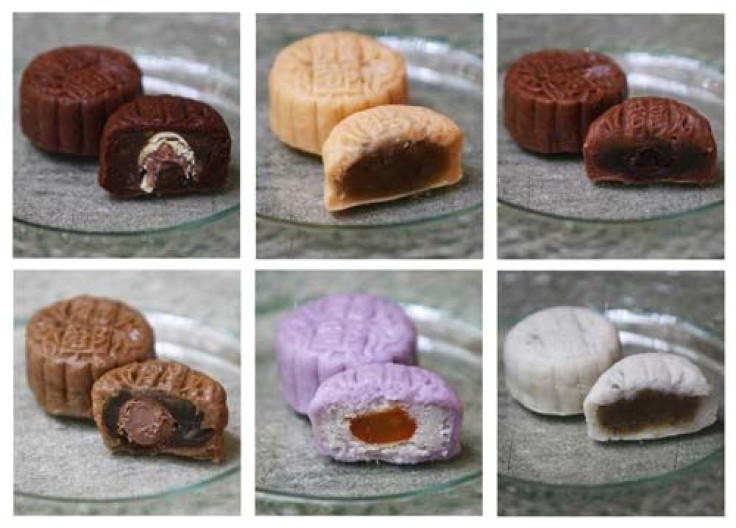China Announces Ban On Mooncake Purchasing By Government Officials Ahead Of Mid-Autumn Holiday

China’s central government has released a series of new mandates under new president Xi Jinping to combat a number of factors that contribute to corruption within the Communist Party. While new laws outlawed obvious crimes like bribery, Xi’s plans for austerity are now targeting a mid-Autumn holiday favorite: mooncakes.
Mooncakes are a traditional pastry eaten during China’s widely celebrated Mid-Autumn festival. Usually, boxes of the typically inexpensive baked good are exchanged among families, friends, and coworkers. With the Mid-Autumn festival roughly a month away, Chinese authorities have announced that officials are not allowed to buy gifts, including mooncakes, or host celebratory parties on the government’s bill.
The mooncake itself is not a symbol of corruption or anything close to it, but can still be a problem when officials take holiday celebrations and traditions a little too far. What begins as just the swapping of a tasty treat, a small token of celebration, can sometimes quickly evolve into wastefulness. “But this kind of polite reciprocity, when overdone, becomes a kind of squandering of cash,” an anti-mooncake editorial in the state-run People’s Daily newspaper said on Thursday.
The Party’s vendetta against the harmless mooncake may seem silly, but the announcement is just a piece of a larger plan that Xi has been pushing since taking office in March. Xi announced cuts on funding for official state banquets, including cutting back on decorations, flowers, red carpets, motorcades, baijiu liquor drinking, and dinner parties. The budget-conscious government wants all officials to be extremely aware of Chinese netizens’ watchful eyes, and is wary of perpetuating a public image of wealth would add to fears of the country’s growing wealth gap.
Cuts on banquet budgets, especially during the nation’s last biggest holiday, the Chinese New Year festivities and Spring Festival travel season, were profoundly felt by the service industry. In what is always expected to be a peak time for luxury hotels, banquet halls and fancy restaurants, rooms and reservations that would normally be completely booked were surprisingly empty. “The fall in bookings follows moves announced by the central government last month to combat extravagance and corruption,” Xinhua News Agency reported at the time. The report went on to say that a popular Beijing hotel had every single event booked during the peak season canceled.
As the rest of the service industry tries to find their footing with a decreased chunk of market interest, one can only wonder if Chinese bakeries will be the next to feel the heat of Xi’s austerity overhaul.
© Copyright IBTimes 2024. All rights reserved.












